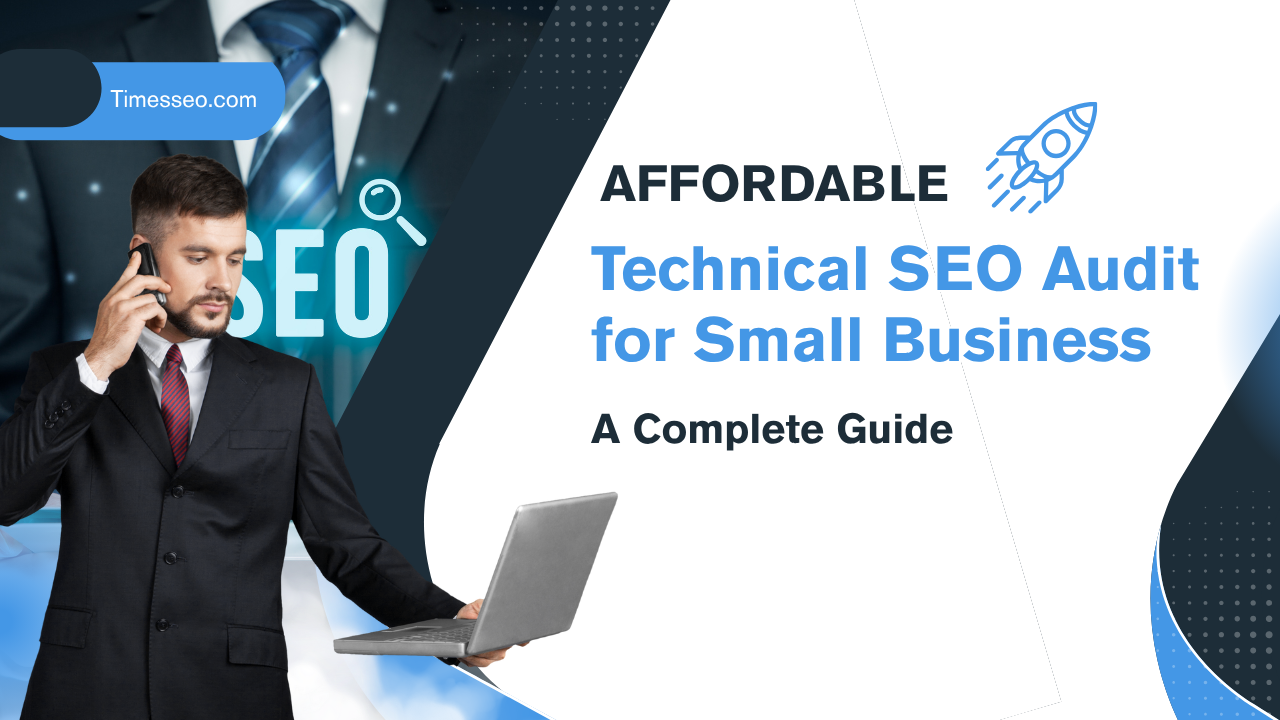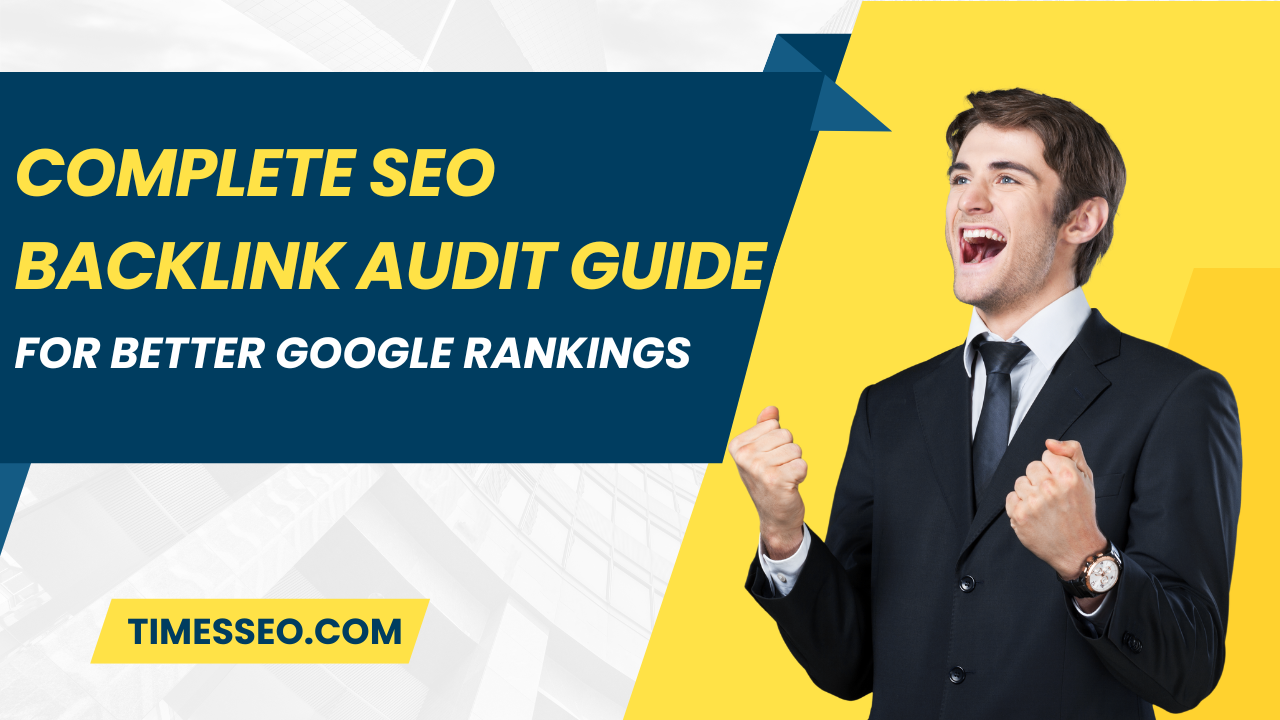
How Training for WordPress SEO Boosts Your Blogging Revenue
Unlock the full earning potential of your blog with effective training for WordPress SEO. In this post, we explore how learning SEO strategies can drive consistent traffic, boost visibility, and significantly increase your blogging revenue. Whether you’re a beginner or looking to scale your site, this guide shows how SEO training transforms your content into a profitable online asset.
Table of Contents
Introduction
Have you ever put a lot of effort into your blog yet only seen a small increase in traffic or revenue? You’re not alone. Many bloggers struggle to turn their passion into profit—not because their content isn’t good—but because it isn’t found. That’s where training for WordPress SEO comes in. With the right SEO knowledge, your blog can go from ghost town to goldmine.
Understanding WordPress SEO
What is WordPress SEO?
WordPress SEO is the practice of optimizing your blog posts, pages, and overall site structure to rank higher on search engines like Google. It’s about being discoverable by the people who are already searching for what you’re writing about.
Why WordPress is Perfect for SEO
WordPress is a blogger’s dream. It’s clean, customizable, and loaded with SEO-friendly themes and plugins that make optimization easy—even for non-techies.
SEO vs Paid Advertising
Results from paid advertisements are immediate, but they end as soon as you stop paying. Long after the effort is finished, SEO continues to pay off.
The Link Between SEO and Blogging Income
Organic Traffic = Consistent Traffic
When your blog ranks well, visitors come to you daily without spending a cent. That’s the magic of SEO. It’s like setting up a store on the busiest street without paying rent.
High-Ranking Posts = Passive Income
Posts on page one of Google get the lion’s share of clicks. If those posts contain affiliate links or display ads, you can earn income while you sleep.
Trust and Authority Drive Conversions
Ranking high builds credibility. Readers trust Google’s top picks—and are more likely to trust your recommendations, services, or products.
How SEO Training Helps Bloggers
Learning to Optimize Every Post
Every post you publish becomes a traffic magnet when you understand how to optimize titles, images, metadata, and more.
Mastering Keyword Research
SEO training teaches you how to find the words your audience is typing into Google—and how to use them naturally in your content.
Understanding User Intent
Are your readers looking for information, a product, or a solution? Knowing this helps you create content that truly serves—and converts.
Choosing the Right SEO Course or Training
What to Look for in SEO Training
Both strategy and tools should be included in a good SEO training. Look for one that includes keyword research, content writing, technical SEO, and analytics.
Free vs Paid SEO Courses
Free courses are great for starting out. But investing in a paid course often means access to expert insights, live support, and actionable frameworks.
Top Platforms for SEO Training
Try Ahrefs Academy, Coursera, Udemy, or LinkedIn Learning. Don’t overlook SEO blogs and YouTube channels like Backlinko or Neil Patel.
On-Page SEO Techniques That Drive Revenue
Crafting Irresistible Headlines
Your headline is your hook. Make it compelling, keyword-rich, and clear. Think: “How I Made $1,000/Month from One Blog Post.”
SEO-Friendly Formatting
Use headings, bullet points, short paragraphs, and visuals. Google loves structure—and so do your readers.
Using Internal and External Links Smartly
Link to your other posts to keep readers on-site longer. Link to authority sites to build trust with Google.
Content is King—But SEO is the Crown
Content Quality and E-E-A-T
Content that demonstrates experience, expertise, authority, and trustworthiness is highly valued by Google. Back up your claims and provide real value.
Consistency and Topic Clusters
Don’t blog randomly. Cover related topics and link them together to build a strong SEO presence.
Repurposing Old Content for Better Results
Update outdated posts, improve their SEO, and give them new life. It’s often faster than writing from scratch—and just as rewarding.
Monetization Strategies Enhanced by SEO
Affiliate Marketing
Optimized posts targeting “best of” or review keywords can bring in serious affiliate commissions.
Sponsored Posts
Brands are more likely to pay you when your blog has consistent, high-quality traffic.
Ad Networks and Traffic-Based Revenue
More pageviews = more ad impressions. SEO brings the traffic that fuels platforms like Google AdSense or Mediavine.
Technical SEO for WordPress Bloggers
Site Speed and Caching
Slow sites lose both visitors and rankings. Use tools like WP Rocket or LiteSpeed Cache to boost performance.
Mobile-First Design
Over 60% of traffic comes from mobile. Use responsive themes and test your site on all devices.
Clean URLs and Sitemaps
Keep your URLs short and keyword-rich. Ensure your sitemap is submitted to Google Search Console for easy indexing.
Tracking Progress and ROI from SEO
Setting Revenue Goals Tied to Traffic
Know your conversion rates. For example, if 1,000 visitors = $100, then 10,000 could mean $1,000.
Using Google Analytics and GSC
Monitor which posts bring the most traffic, what keywords you rank for, and where users drop off.
Adjusting Strategy Based on Performance
If something isn’t working, tweak it. SEO is all about testing and optimizing.
The Long-Term Benefits of SEO Training
Evergreen Traffic
Well-optimized posts can bring traffic for years with little to no maintenance.
Sustainable Income
SEO is a long-term strategy that yields benefits over time, unlike fads or trends.
Building a Personal Brand and Audience
Ranking well increases your visibility, credibility, and authority in your niche.
Real-Life Success Stories
Case Study: From 0 to $5,000/Month
A travel blogger doubled traffic and tripled income within a year—just by applying SEO training and consistency.
Bloggers Who Made It With SEO
From food bloggers to tech reviewers, countless creators credit SEO for their blogging success.
Common Traits of Successful SEO Bloggers
They learn, apply, tweak, and stay consistent. No shortcuts—just smart, strategic growth.
Avoiding Common SEO Pitfalls
Keyword Stuffing
Don’t force keywords unnaturally. Google knows better—and so does your audience.
Thin Content
A 300-word blog post won’t cut it. Go deep, provide value, and answer all the reader’s questions.
Ignoring Mobile Optimization
A beautiful desktop site won’t matter if your mobile version is a mess.
Investing in Yourself = Investing in Your Blog
Mindset Shift from Hobby to Business
Treat your blog like a company if you want to make money from it. That starts with leveling up your skills.
Continuous Learning Culture
SEO isn’t one-and-done. The algorithm changes—so should your strategy.
Community and Mentorship
Join blogging or SEO communities. Ask questions, get feedback, and grow faster with others.
Conclusion
Training for WordPress SEO isn’t just about ranking higher—it’s about transforming your blog into a reliable, growing source of income. With the right training, tools, and mindset, you can attract consistent traffic, monetize your content, and turn your blogging passion into a profitable business. Don’t wait for luck—learn SEO, apply it, and watch your revenue grow.
Frequently Asked Questions
Absolutely. Many SEO tools and courses are designed for beginners, and WordPress makes it even easier.
Typically, you can expect to see results in 3–6 months, depending on your niche, content, and consistency.
Yoast SEO and Rank Math are both excellent options for bloggers of all levels.
SEO brings long-term, passive traffic. Social media can give short-term spikes, but SEO is more sustainable.
Yes! In fact, starting with SEO from day one gives your blog a massive head start.
Table of Contents
Popular Posts
-
 Affordable Technical SEO Audit for Small Business: A Complete Guide26 Jun 2025 Blog
Affordable Technical SEO Audit for Small Business: A Complete Guide26 Jun 2025 Blog -
 How to Get an Affordable Technical SEO Audit for Small Business27 Jun 2025 Blog
How to Get an Affordable Technical SEO Audit for Small Business27 Jun 2025 Blog -
 The Ultimate Local SEO Audit Checklist for Startups28 Jun 2025 Blog
The Ultimate Local SEO Audit Checklist for Startups28 Jun 2025 Blog -
 Local SEO Audit Checklist for Startups: A Beginner’s Guide28 Jun 2025 Blog
Local SEO Audit Checklist for Startups: A Beginner’s Guide28 Jun 2025 Blog -
 Top On-Page SEO Audit Steps for Service Websites Every Business Should Know29 Jun 2025 Blog
Top On-Page SEO Audit Steps for Service Websites Every Business Should Know29 Jun 2025 Blog -
 The Impact of On-Page SEO Audit Steps for Service Websites on UX01 Jul 2025 Blog
The Impact of On-Page SEO Audit Steps for Service Websites on UX01 Jul 2025 Blog -
 Technical SEO for WordPress: The Ultimate Beginner’s Guide01 Jul 2025 Blog
Technical SEO for WordPress: The Ultimate Beginner’s Guide01 Jul 2025 Blog -
 Technical Mobile SEO Audit Tips for Developers02 Jul 2025 Blog
Technical Mobile SEO Audit Tips for Developers02 Jul 2025 Blog -
 Boost Your Rankings with Technical SEO for WordPress01 Jul 2025 Blog
Boost Your Rankings with Technical SEO for WordPress01 Jul 2025 Blog -
 Complete SEO Backlink Audit Guide for Better Google Rankings03 Jul 2025 Blog
Complete SEO Backlink Audit Guide for Better Google Rankings03 Jul 2025 Blog






